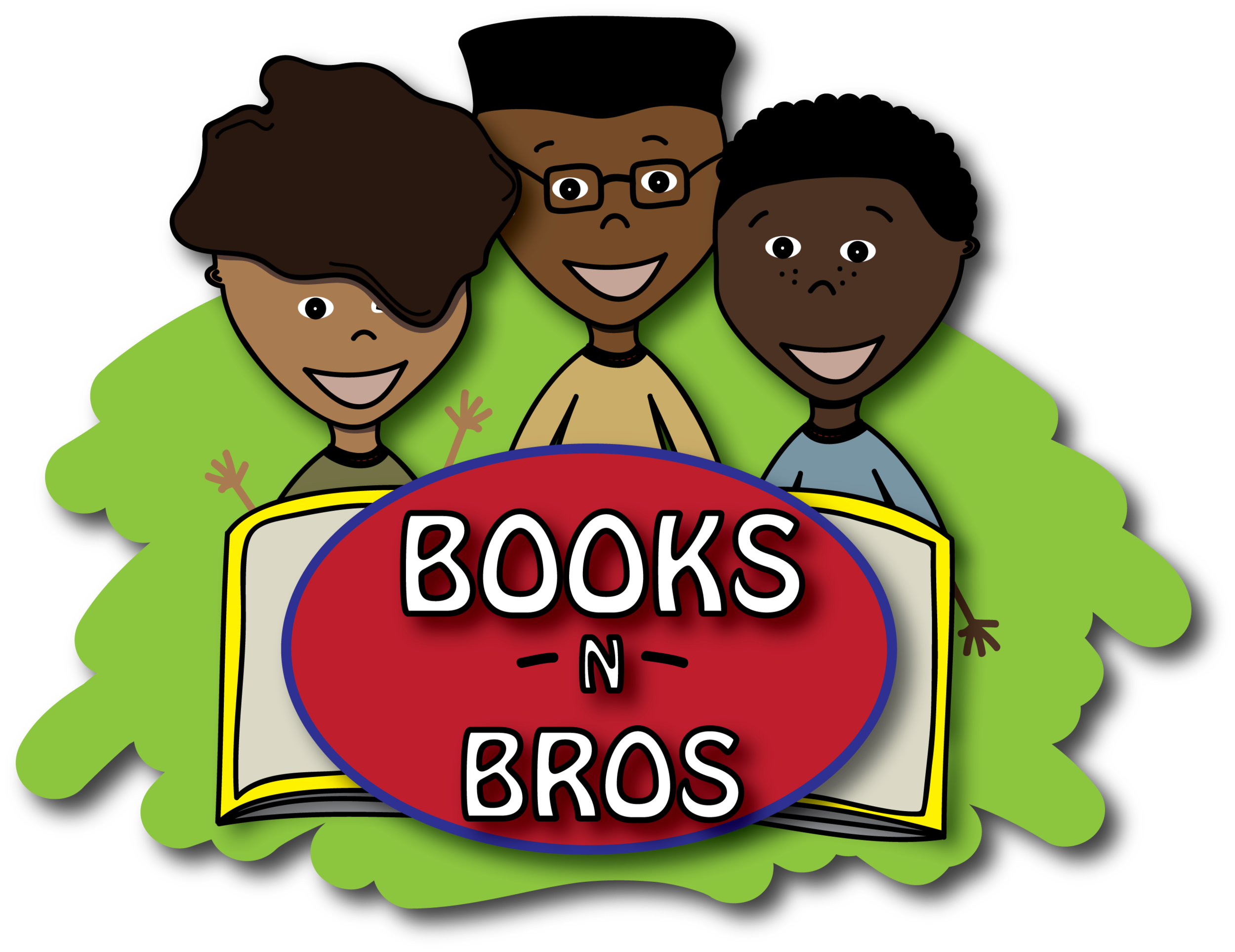Review of BRAVE, BLACK, FIRST: 50+ African American Women Who Changed the World
The book, BRAVE, BLACK, FIRST: 50+ African American Women
Who Changed the World is an awesome read! This wonderfully insightful book was written by Cheryl Willis Hudson, with illustrations by Erin K. Robins and chronicles the lives of well over fifty African-American women, each of whom, garnered tremendous triumphs despite any adversities that may have been along their paths.
Photo Credit: gramho.com
Ibtihaj Muhammad
Let’s begin with Ibtihaj Muhammad, an astonishing African-American woman. Not only was Ibtihaj Muhammad an award-winning, Olympic fencer, but she was also the very first Olympian who ever represented the United States Olympic team while wearing the hijab. This display put a mark on African-American women’s history, which will last forever.
The hijab is a head covering that some Muslim women wear. In this way, Muhammad payed homage to her race, country, her culture, her faith, and her family, all at the same time. She is quoted as saying, “I want to be an example for minority and Muslim youth that anything is possible with perseverance.”
Photo Credit: smithsonianmag.com
Dorothy Irene Height
Dorothy Irene Height truly believed that, “Women know how to get things done.” Her numerous contributions to African-American women’s history is of great importance. Height was obviously born to be an activist for the people. She spent her entire life working toward the social, educational, and political uplift of women and African-American people as a whole. Born in 1912 in Washington, D.C., Dorothy I. Height, worked along-side Dr. Martin Luther King, Jr. planning and coordinating the March on Washington. Despite being very instrumental in this monumental event that has had a lasting impact on our country, and the entire world, Height, as a woman, was not allowed to speak or be acknowledged in a formal way at the march. This is one of the things that great women sometimes endured; being snubbed because of their sex, despite their brilliance. It is needless to say, though, that this did not stop Dr. Dorothy I. Height from her work as an activist.
Height maintained lifelong friendships and working relationships with Mary McLeod Bethune and former U.S. first lady, Eleanor Roosevelt. It was Eleanor Roosevelt who initially invited Height to join the National Council of Negro Women (NCNW), of which she later became national president and served for many years. In 1994, Height received the highest honor in the land, the Presidential Medal of Freedom. Dorothy Irene Height was a great civil rights leader and women’s activist.
Photo Credit: smithsonianmag.com
Gwendolyn Brooks
Gwendolyn Brooks was, by many accounts, the people’s poet. She is quoted as, “What I’m fighting for now in my work… for an expression relevant to all manner of blacks, poems I could take into a tavern, into the street, into the halls of a housing project.” The poet loved to pen poetry and stories as a child. Her parents encouraged her to send her writing to magazines, so she did and had her first poem published at age 13. By the time she was 17, she had her work published in numerous other magazines and newspapers.
Brooks’ work was always pro-African-American in nature and this was intentional and deliberate. She mentored many poets through the years, taught college classes at various university and hosted several poetry workshops all over, in the name of poetry. Gwendolyn Brooks was the first African-American woman in U.S. history to receive the Pulitzer Prize for poetry. As no surprise, in 1985, Brooks became the first African-American to be a poetry consultant to the Library of Congress, a high honor, indeed.
Photo Credit: smithsonianmag.com
Susie King Taylor
This great African-American woman, Susie King Taylor, served our country in fantastic ways without expecting anything in return. Taylor was born in Liberty County, GA in 1848. She served our military during the Civil War as a nurse for the 33rd United States Colored Troops, Late 1st S.C. Volunteers, alongside her husband, Edward King, who was in the regiment.
Born into slavery, Susie King Taylor, later went to live with her grandmother, who was free at the age of 7. It was at this time, when she was taught to read and write at a hidden school. It was illegal to teach African-Americans how to read and write, but Susie King Taylor knew that this was wrong. This knowledge of literacy came in handy because she used her skills later on, after the Civil War ended, to teach free children how to read and write. Susie King Taylor started her own school for children who were free. This is where she taught. She also wrote a book about her life during the war, called My Life in Camp with the 33rd United States Colored Troops, Late 1st S.C. Volunteers.
Photo Credit: smithsonianmag.com
Ntozake Shange
Ntozake Shange was one of the most prolific African-American woman writers throughout history. Perhaps her most famous piece is a play entitled, for colored girls who have considered suicide when the rainbow is enuf. She refers to her play as a, “choreopoem.” Born in 1948, Shange, is an inspiration to many. Throughout her life, Shange has worn many hats, including, poet, playwright, teacher, novelist, and performance artist.
Her work has achieved high acclaim and accolades, in addition to being adapted to television, film, winning numerous awards, including the Obie Award, and being produced on Broadway. Ntozake Shange has been hired to speak at a variety of prestigious colleges and universities all over the world in her area of expertise.
Shange’s writing speaks to feminist, race, political, and social issues and concerns at every turn, putting up a mirror to society. A famous line from her choreopoem, for colored girls who have considered suicide when the rainbow is enuf, is, “I found god in myself / and I loved her / … fiercely.”





